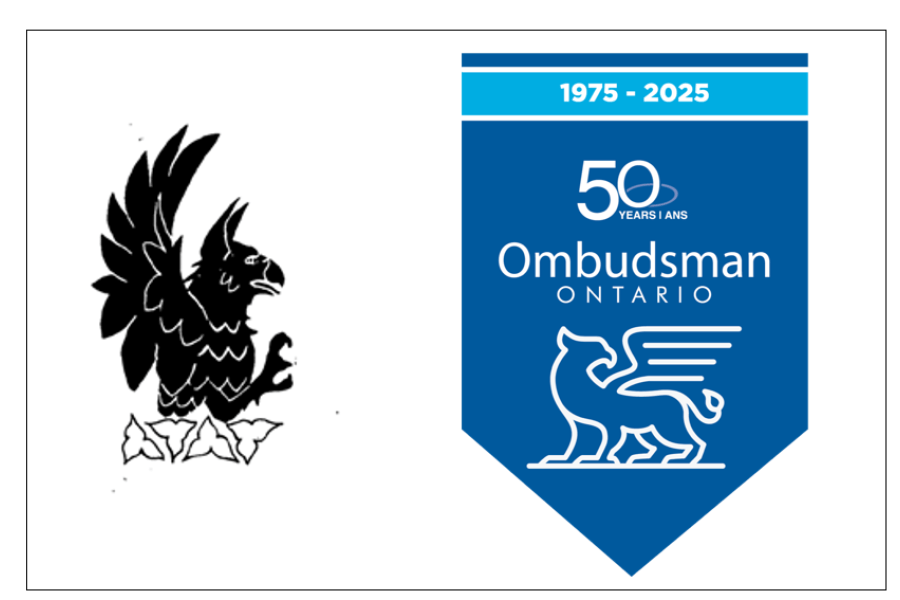Do you have a complaint?

Protecting your rights for 50 years
It was 50 years ago, in March 1975, when Ontarians first learned they would soon have an Ombudsman to protect their right to fair treatment by public bodies.
On March 11, 1975, in a Speech from the Throne read by Lieutenant Governor Pauline McGibbon, the government promised to establish a “provincial ombudsman… to ensure the protection of our citizens against arbitrary judgment or practices.”
Help for...
See more about how we helpOur work
See more of our workWhat we can help you with
News
View all newsJune 18, 2025
Canadian Council of Parliamentary Ombudsman Endorses Key Principles to Strengthen Oversight and Public Trust
The Canadian Council of Parliamentary Ombudsman (CCPO) has formally endorsed a set of key principles designed to ensure the independence, effectiveness, and accountability of Ombudsman institutions...




